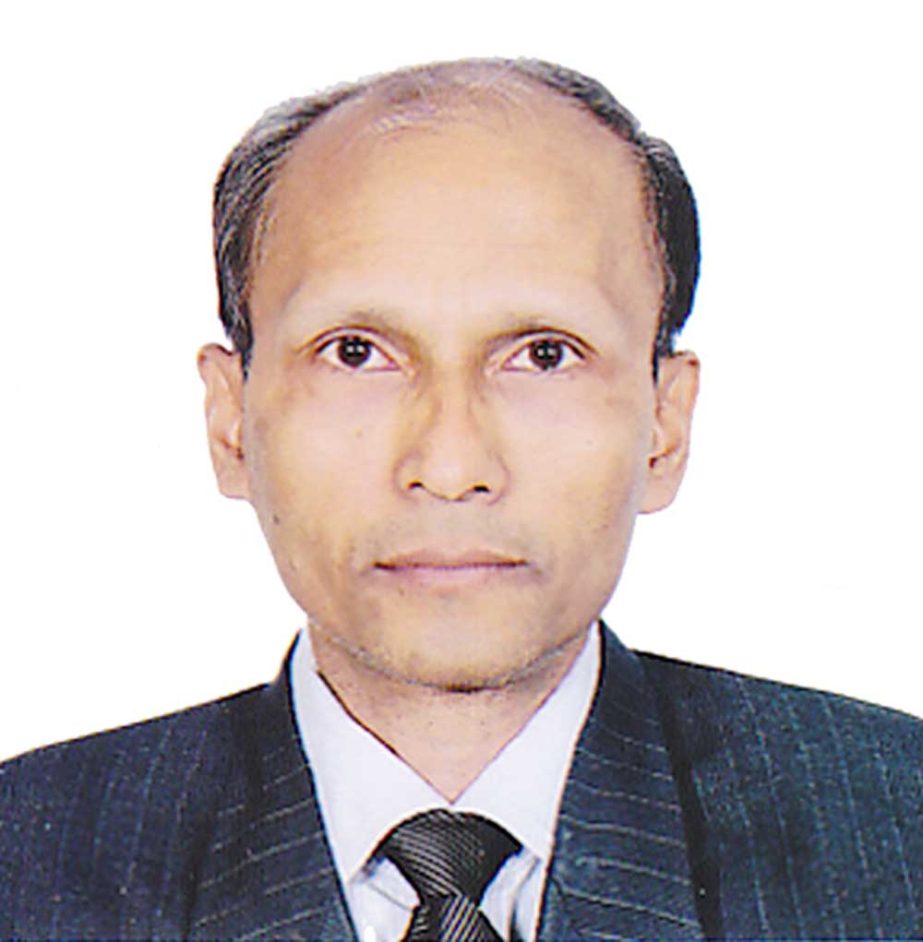
Masum Billah :
Bangladesh Examination Development Unit (BEDU) conducted a survey to learn the learning loss of the students due to Corona Pandemic. They found about 76 percent students of class eight had suffered losses in English and 69 percent in Mathematics. They found these figures after conducting online exams of about 14000 students of class eight of 2021 and collected comments of 6000 teachers on Bangla, English and Mathematics in February 2022. They also found that in Bangla 25 percent students had low levels of learning deficit, 31 percent medium levels and 24 percent high levels. In English 20 percent students had low levels of learning losses, 38 percent medium levels and 18 percent had high levels of education deficit. In mathematics 16 percent of the students had low levels of learning losses, 14 percent medium and 39 percent high. There was a significant disparity in the learning losses between students in urban and rural areas. Thirty-six percent class-8 students in urban areas suffered losses compared to 43 percent in rural areas. About 70 to 90 percent students of Rangamati and Khagrachahari districts have high level education deficits. The availability of digital devices and internet access was also a strong factor in determining the degree of learning loss. Students with internet access and digital devices suffered 10 to 15 percent less learning loss than those who did not have these facilities.
I made a field trip from 27 to 29 June 2022 at Khulna, Jashore and Satkhira to see different schools, talk to the teachers and students that occurs usually as a part of my job responsibilities. In one classroom I saw a teacher was teaching ‘tag questions’ to the students of grade eight. He gave them the following questions on the board-(i) Everybody loves them—-? (ii) the mother rose in her—-(iii) He is a presenter—-(iv) How nice the school is—- (v) There is little water in the field—? I found not a single student could do anyone of these questions. They remained silent and did not ask any questions to the teacher either.
I visited class ten of another school that stands in a Upazial Headquarters and these students were in class eight during Covid who read ‘Nakshkantha’ in their English For Today ( EFT) textbook. So, I wrote a sentence on the board ‘Nakshikantha is sold outside the country” and asked whether the sentence is in the ‘active form ‘or ‘passive form’. Not a single student could tell that it is in the passive form. Some said it in the active form and so, I told them to make it passive and definitely they just made a hotchpotch. I wrote another sentence ‘medicine is sold in this shop’ and this time also they said it in the active. I finally told them that in English when the action is important and who does it is not important, we express it in the passive form. Similarly, Nakshikantha is sold outside the country is important; who sell it is not important, medicine is sold in this shop, who sells is not important. I came to learn from the students that there are 88 students in class ten that I told them to translate it into English. One student (probably he is the first boy as he tries to answer and stand every time I ask anything) said ‘class ten students 88’. Should we call these phenomena of teaching the learning loss due to corona or term it as the basic problems of teaching?
It has been suggested by the presenters to reintroduce TV classes and radio classes that we did while the country experienced full lockdown. Students had nothing to do except watching the TV classes or listening to the radio classes. In spite of these facts, a small number of students accrued benefit from those classes because of some constraints, inexperience and device problems. Now, they have classes, coaching centres, private tutors and have playgrounds to play and visiting markets, relatives and friends. In this reality, how far TV or radio classes will work remains a big question. Of course, some important classes can be uploaded that students can watch when they can make time. But I want to put more emphasis on introducing some extra classes that would be conducted physically and it may be three days or four days a week along with schools’ usual classes. The guardians, schools and the state may share the extra expenditure to be needed for this purpose.
(Masum Billah is Country Director, Volunteers Association for Bangladeshi and President, English Teachers’ Association of Bangladesh).

